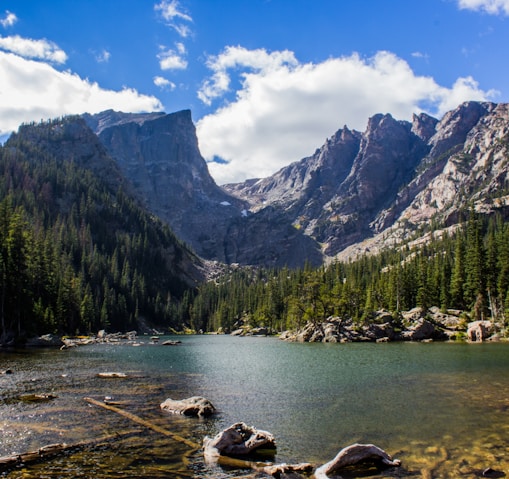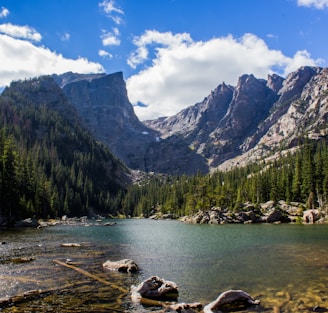
ISLAM AND ENVIRONMENT
Caring for the environment is an important teaching of Islam and the Qur'an describes mankind as being successors or stewards of the earth: “And it is He (God) who has made you successors (khala’ifa) upon the earth...” (Qur’an 6:165) “O children of Adam! Wear your beautiful apparel at every time and place of prayer, eat and drink, but waste not by excess, for God loves not the wasters.” (7:31)
"Eat and drink from the provision of Allaah, and do not commit abuse on the earth, spreading corruption.” (Qur’an, 2:60) The Qur'an mentions our responsibilities to the earth, about not causing corruption on the earth (28:77 and 2:60), preserving water (16:65 and 50:9), greenery, plants and fruits (6:99), treating animals with dignity (6:38), contemplating on creation (39:21, 16:15, 55:19-20, 7:57, 30:48 and 13:12).
The Prophet Muhammad (peace and blessings be upon him) was an example to all in kindness to animals, preserving water, not wasting food and in all aspects relating to the environment. “The world is beautiful and verdant, and verily God, be He exalted, has made you His stewards in it, and He sees how you acquit yourselves.” (Saheeh Muslim)
“Whenever Muslims plant a tree, they will earn the reward of charity because of the food that comes from it; and likewise what is stolen from it, what the wild beasts eat out of it, what the birds eat out of it, and what people take from it is charity for them. “(Muslim from Jabir Ibn Abdullah: Musaqah book, chapter about virtue of planting and growing ,Ahmad )
“If a Muslim plants a tree or sows seeds, and then a bird, or a person or an animal eats from it, it is regarded as a charitable gift (sadaqah) for him.” (Bukhari)
“Whoever reclaims and cultivates dry, barren land will be rewarded by God for the act. So long as men and animals benefit from it He will record it for him as almsgiving.” (al-Munawi)
Abdullah ibn Amr ibn Al-Aas (May Allah be pleased with him) reported that the Prophet passed one day by Sad ibn Abi Waqas (May Allah be pleased with him) while he was performing wudu (ritual cleaning of body parts in preparation for prayer). The prophet asked Sad, “Why is this wastage? Sad replied “Is there wastage in wudu also?” The Prophet said, “Yes, even if you are at a flowing river.” ( Ibn Majah: Taharah and its sunnan book, chapter about shortening prayers and hatred to transgress : Ahmad and authenticated Ahmad Shakir)
The Prophet (PBUH) also urged for cleaning roads. Abu Sa’id Al-Khudri narrated that the Prophet (PBUH) said: “Beware! Avoid sitting on the roads.” They (the people) said, “O Allah’s Apostle! We can’t help sitting (on the roads) as these are (our places) where we have talks.” The Prophet said, “If you refuse but to sit, then pay the road its right.” They said, “What is the right of the road, O Allah’s Apostle?” He said, “Lowering your gaze, refraining from harming others, returning greeting, and enjoining what is good, and forbidding what is evil.” The last advice mentioned in this hadith is an umbrella for all the things that include harming the people who use roads and streets.(Bukhari and Muslim : Al-Bukhari from Abu Sa’id Al-Khudri: Al-Mazalim book, chapter about backyards of houses and sitting in them and sitting on roads (2333), Muslim: Al-Libas and Al-Zina book, chapter about ordering not to sit in streets and give way to others (2121))
“If without good reason anyone kills a sparrow, or a creature lesser than that even, the living creature will put his plaint to God on the Day of Judgment, saying: ‘So-and-so killed me for no purpose.” (Nasai)


